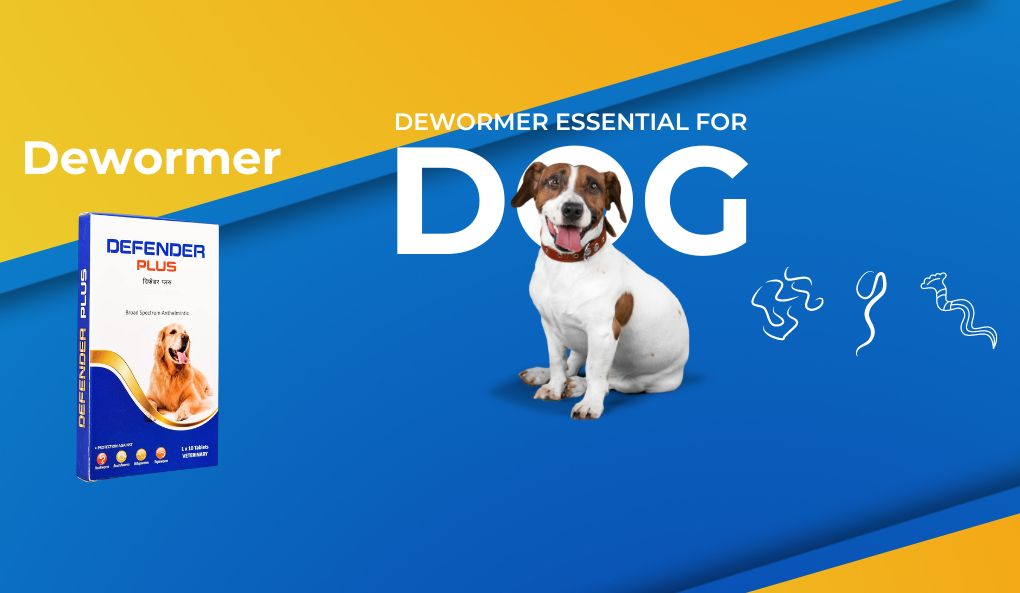
Worming Schedule for Puppies, Kittens, Cats & Dogs
Parasites don’t want to kill your kitten or puppy; they just want to use them as a dinner plate!
Our goal is to prevent that from happening. Intestinal parasites have been around forever and are not going away, but you can control them with the proper deworming schedule. Hookworms and roundworms are by far the most common intestinal worms found in puppies and kittens. Roundworms compete with your pet for food, while hookworms live on blood, causing anemia.
Rough hair coats, diarrhoea, malnutrition progressing to intestinal obstruction, and anemia are common issues with worms. We want to feed our pets – not the parasites. That is why we deworm dogs and cats. Don’t wait until you are sure your pet has parasites because they have already caused damage at this point.
Strategic Deworming Guidelines
Strategically deworming dogs and cats is a practice recommended by the American Association of Veterinary Parasitologists (AAVP) and the Centers for Disease Control and Prevention (CDC).
Deworming Puppies and Kittens
Worms in puppies and kittens are common. This growth phase of their life is when they are most susceptible! Knowing when to worm puppies and kittens is important.
- Deworm puppies and kittens at two, four, six and eight weeks of age, then again at 12 and 16 weeks of age.
- Deworm again at six months and one year.
- Then deworm as an adult.
Adults – Worming Dogs and Cats
We are recommending the standard here. If your dog or cat is a big hunter, they will need more frequent deworming – you must assess the risk for your pet.
- General Dog or Cat Worming: Twice a year for life.
- Dogs put everything in their mouth and need deworming twice a year to eliminate the parasites they will pick up. Deworm outside cats twice a year for the same reason.
- Cats that are strictly inside animals: Deworm once a year.
- Cats that like to hunt: three times a year may be necessary.
Newly Acquired Animals
No matter what the history or age, assume they have parasites!
- Deworm immediately and repeat in two weeks.
- Then put on the above adult program.
Treatment for Worms in Dogs and Cats
Worm Medicine for Dogs and Cats:
- Roundworms and Hookworms
- Medfly Defender Plus, Pfizer Nemex
- Roundworms, Hookworms, Whipworms & Tapeworms
- Medfly Defender Plus, Panacur for dogs – Panacur® C Canine Dewormer
- Tapeworm, Roundworm & Hookworms
- Medfly Defender Plus, Drontal for Cats
- Medfly Defender Plus, D-Worm Combo
Source: K9 Magazine, Revival Animal Health Magazine
Do you follow this deworming process for your pets?








